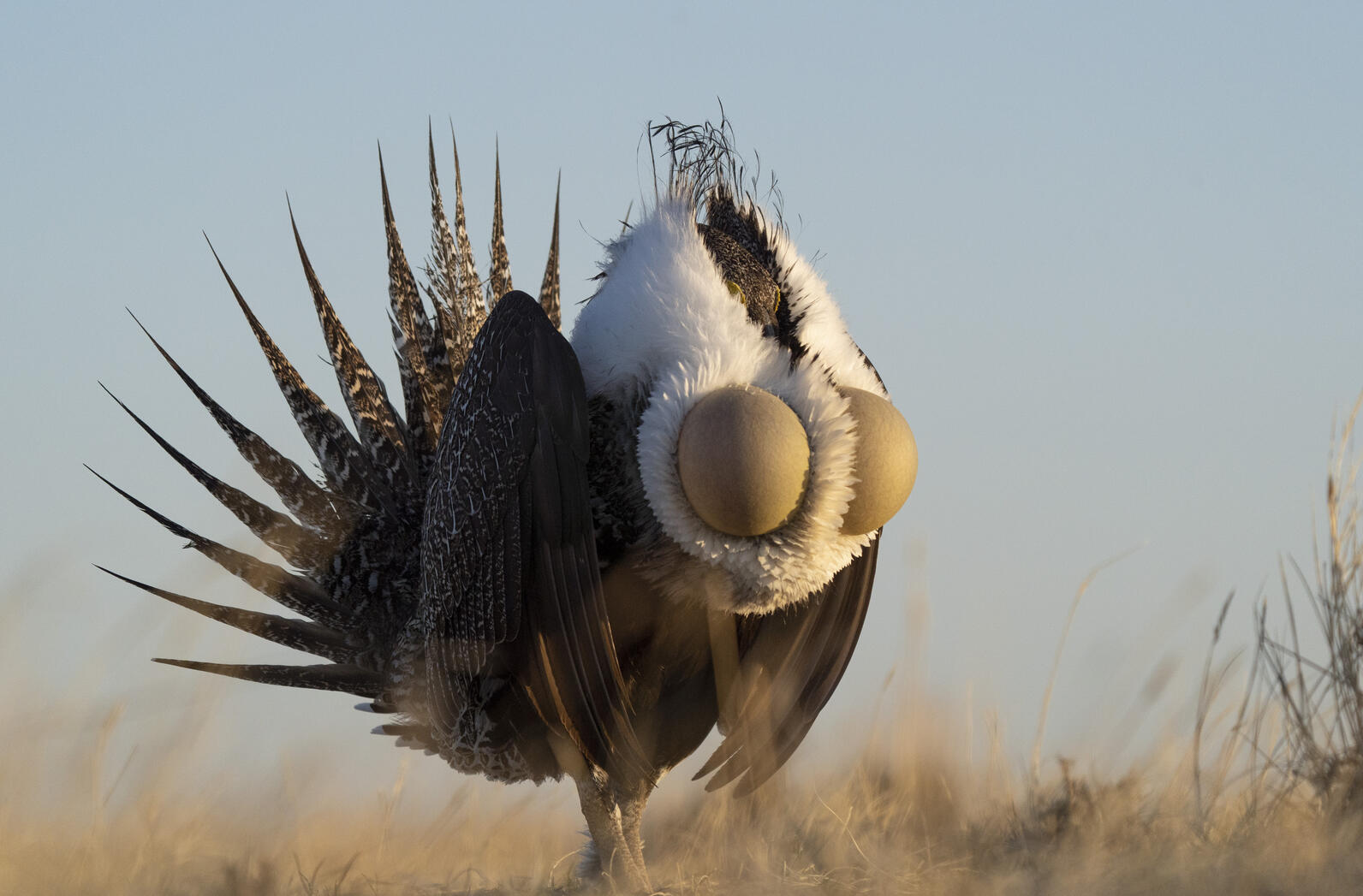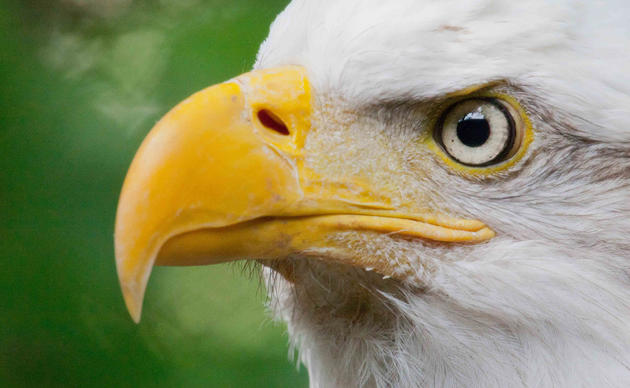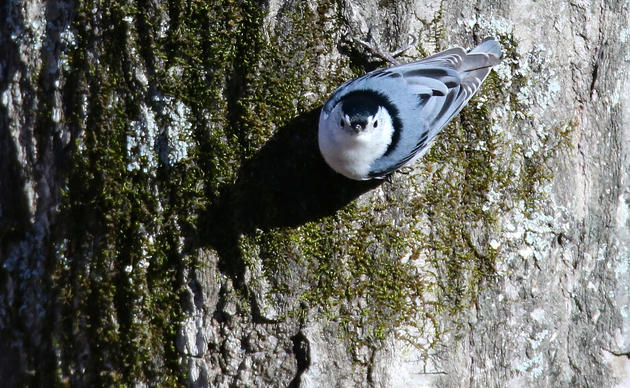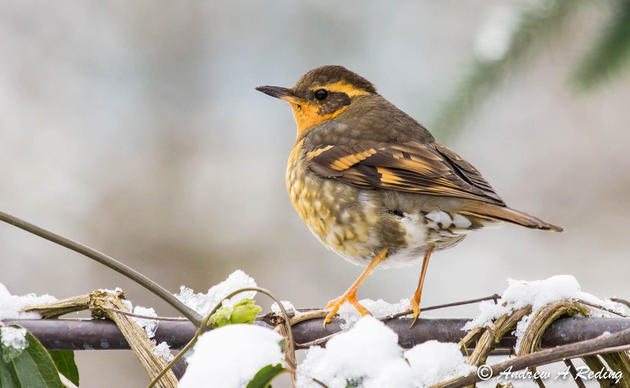Olympia, WA – June 29, 2023 – In a critical step toward transforming the way clean energy projects are sited in Washington State, the Washington State University (WSU) Energy Program released a new report, Least-Conflict Solar Siting on the Columbia Plateau, offering guidance on where utility-scale solar can be developed while also protecting important natural habitat, productive farmlands, and ranchlands. While the analysis and mapping tool is designed to inform clean energy planning in Washington State, it is a model for least-conflict siting initiatives across the country.
Audubon Washington, a leading voice for bird conservation and environmental advocacy, has been at the forefront of advocating for responsible and sustainable clean energy development, recognizing the urgent need to combat climate change while preserving the habitats critical for birds and wildlife. Through its collaboration with American Farmland Trust and its dedicated network of members and supporters, Audubon Washington secured bipartisan support for the legislation that funded the creation of this innovative clean energy siting resource.

Senator Judy Warnick was the lead sponsor of the legislative proviso that allocated funding for the development of this report.
“I am thrilled to see the release of WSU's least-conflict solar siting tool,” said Senator Warnick. “This siting tool has the potential to facilitate utility-scale solar projects that are not only environmentally responsible but also have the backing of local communities. Along with other efforts to engage local communities and support local planning efforts, it will pave the way for an energy future that is both sustainable and supported by communities."
"This groundbreaking resource aligns with Audubon Washington’s mission to protect birds and their habitats while championing responsible clean energy development,” said Deborah Jensen, Executive Director of Audubon Washington. “It empowers stakeholders to make strategic choices that safeguard our prime farmland and protect our diverse wildlife populations. We applaud our state lawmakers, WSU, and the many stakeholders committed to reducing land use conflicts and negative impacts on natural and working lands while increasing renewable energy production in our state.”

The WSU solar siting product combines advanced mapping technology, comprehensive data sets, and extensive stakeholder input. It leverages data on soil quality, land use, and wildlife habitats to identify suitable locations for solar installations that minimize impacts on prime farmland and biodiversity. By harnessing this powerful tool, clean energy developers, tribes, and government officials can make informed decisions that strike a balance between meeting clean energy goals and preserving vital ecosystems.
The release marks a significant milestone in Washington's transition to a clean energy future. By integrating considerations for farmland preservation and wildlife conservation, as well as input from numerous stakeholders over the past 12 months, the tool will help developers and planners make better siting decisions that minimize conflicts and garner community support.
About Audubon Washington
Audubon Washington, a state program of the National Audubon Society, is dedicated to the conservation of birds, other wildlife, and their habitats through science, advocacy, education, and on-the-ground conservation programs. With a strong grassroots network and close to 50,000 members and supporters, Audubon Washington works to protect and restore Washington's natural ecosystems, benefiting birds, wildlife, and communities across the state.





